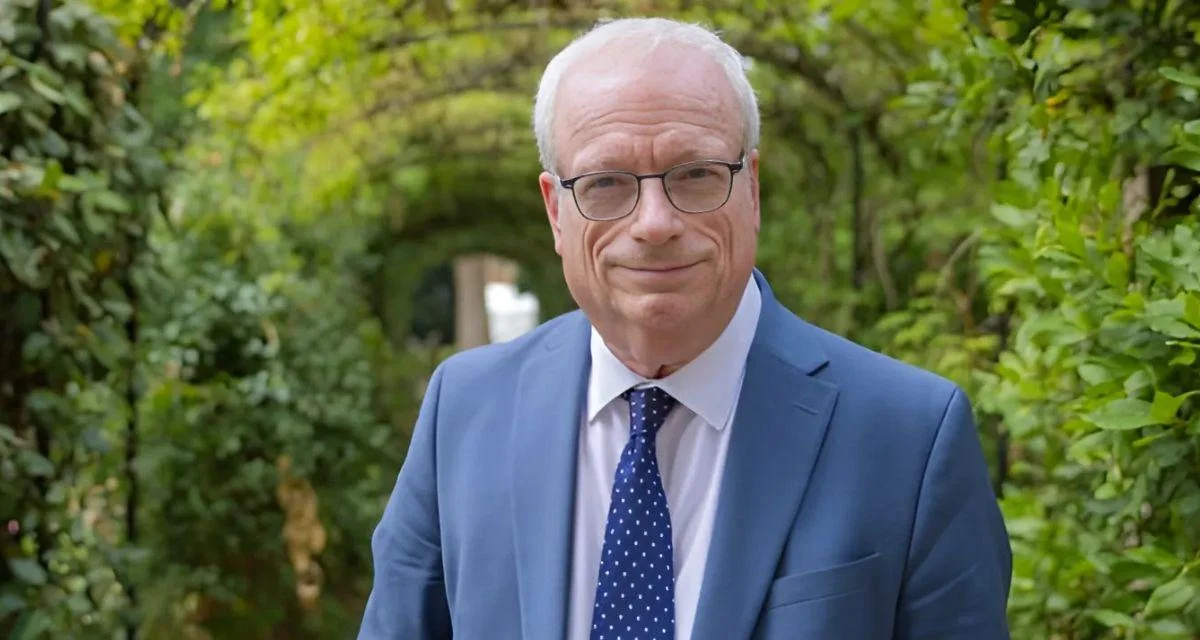The International Court of Justice (ICJ) has issued a landmark opinion that could significantly impact climate litigation worldwide. This decision follows a two-year proceeding initiated by Vanuatu, a Pacific island nation grappling with severe climate change effects.
Professor Jorge Viñuales from the University of Cambridge played a crucial role in drafting the original request to the ICJ and remained an integral part of Vanuatu's legal team. He described the ICJ’s opinion as "remarkable in its scope," noting its potential to open new avenues for holding nations accountable for past climate damage.
The ICJ's unanimous decision emphasized that legal responsibility extends beyond greenhouse gas emissions to include actions leading to emissions, such as fossil fuel production and subsidies. The court clarified that states supporting fossil fuel extraction or providing subsidies are subject to climate obligations.
Although the opinion itself lacks legal force, it reinforces binding international law principles and supports global climate justice efforts. The ICJ dismissed arguments from major fossil fuel-producing countries that sought to limit obligations under existing treaties like the UN Framework Convention on Climate Change and the Paris Agreement.
Recognizing broader treaty and customary law obligations is pivotal for future climate litigation. The court affirmed that claims are governed by general international law on state responsibility, potentially reshaping legal approaches to climate justice.
The ruling also highlighted compensation responsibilities where restitution isn't feasible, including "loss and damage" compensation due to breaches causing injury through climate harm. Additionally, it reassured Pacific nations about their maritime spaces' security amid rising sea levels.
Importantly, the ICJ recognized a right to a clean, healthy environment—an acknowledgment not previously robustly established in international law—and emphasized keeping warming below 1.5 degrees above pre-industrial levels as essential.
The opinion strengthens obligations under the Paris Agreement by stressing due diligence and requiring states' "highest possible ambition" in their Nationally Determined Contributions—commitments each country makes to reduce emissions.
Viñuales noted this conclusion aligns with views initially resisted during Paris Agreement negotiations but now supported by the world’s top court. The global nature of this issue means the opinion should be welcomed widely, especially by youth groups who championed this initiative from its inception.

